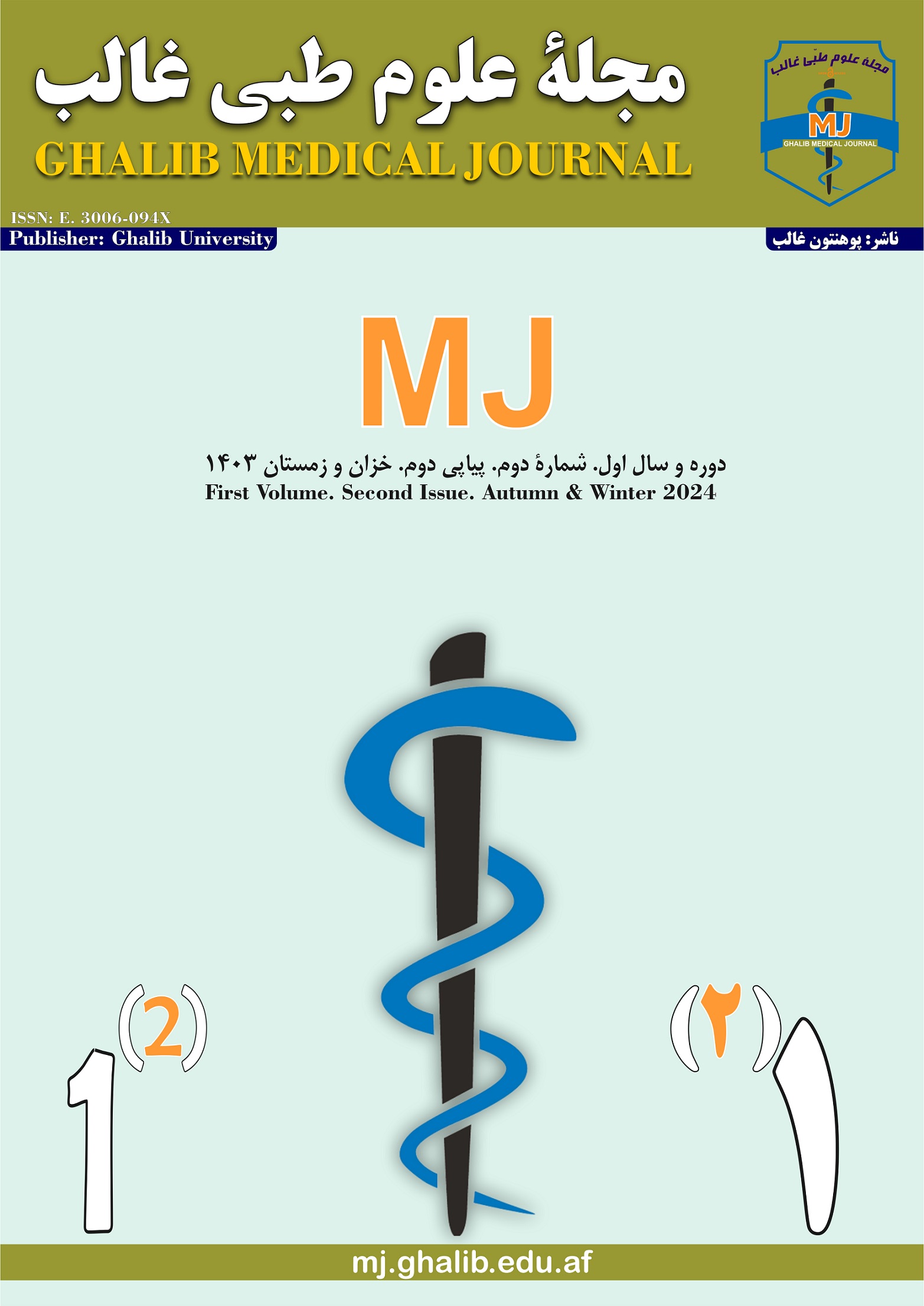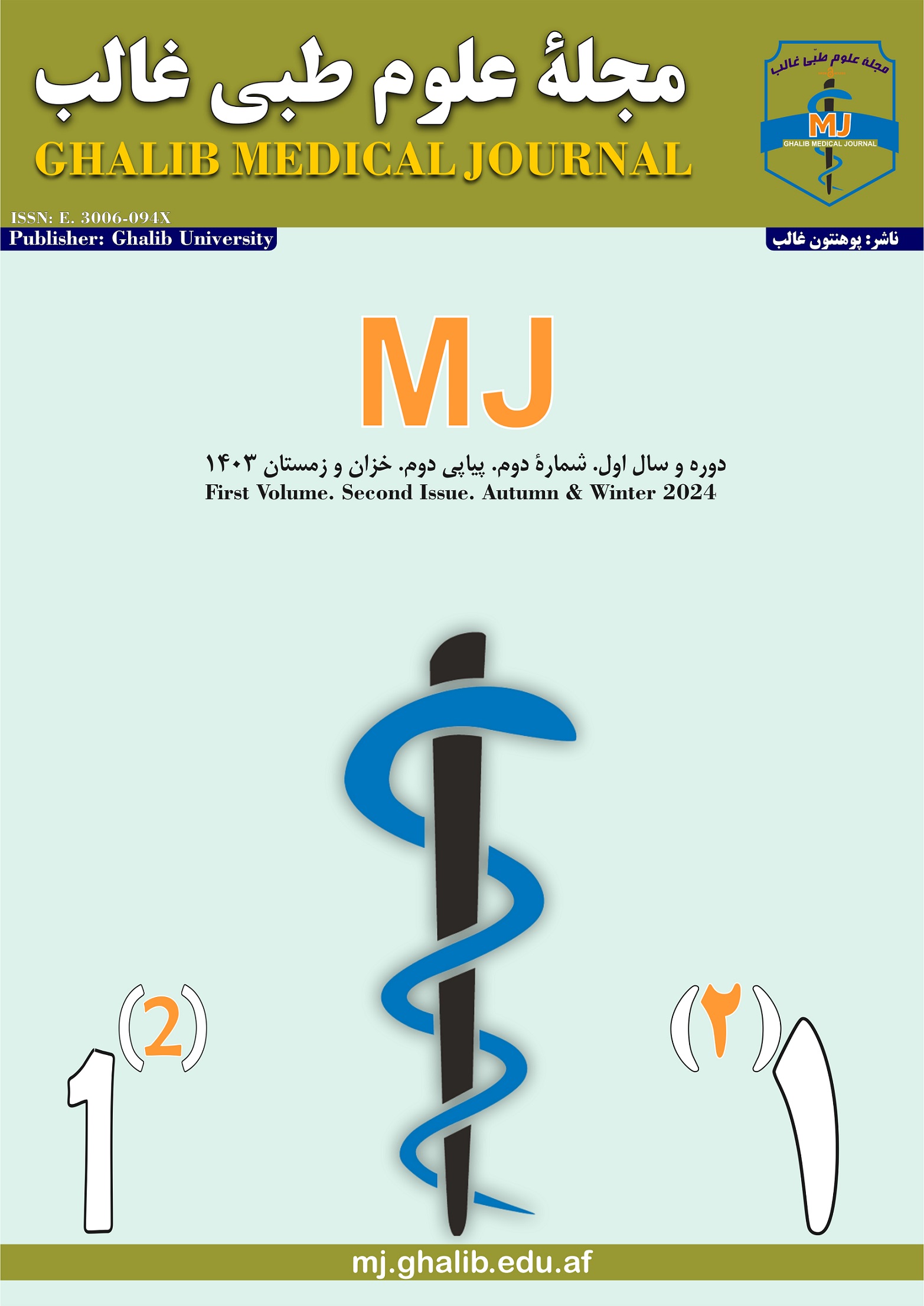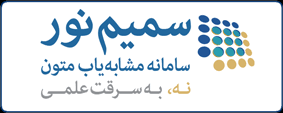Excessive Use of Social Networks and Its Negative Consequences On Students and Youth
DOI:
https://doi.org/10.58342/ghalibMj.V.1.I.2.5Keywords:
Social medias, negative impacts, younger generation, students, mental health, social ethics, family interactionsAbstract
Background: Social networks, as one of the most significant achievements of information technology, have brought about tremendous transformations in human life. These networks, by providing widespread and fast communication, have elevated human interactions to a new level and have had deep impacts on various fields such as economy, culture, politics, and science.
Methods: However, this research focuses on the negative effects of social networks on the younger generation, especially students. In this article, different aspects of the negative impacts of social networks on individual, family, social, academic, moral, and psychological areas are analyzed. This study was conducted using a quantitative approach and a survey method. To collect data, a comprehensive questionnaire consisting of 37 questions in five areas (individual, family, social, academic, moral, and psychological) was designed and distributed among more than 120 students. To ensure accurate sampling, a simple random sampling method was used, allowing all members of the statistical population an equal chance to participate in the research.
Results: The results of the research indicate that improper and excessive use of social networks can lead to serious problems in these areas. Among the most significant effects are increased anxiety and depression, reduced concentration, weakened family and social relationships, the spread of misinformation, and a decline in moral values.
Conclusion: This article also emphasizes the importance of understanding and properly managing the use of social networks to reduce these negative impacts and maintain the mental and social well-being of the younger generation.
References
Castells M. The Rise of the Network Society. Wiley-Blackwell; 1996.
Boyd D. It’s Complicated: The Social Lives of Networked Teens. Yale University Press; 2014.
Gallo C, Atwood JD. The Effects of the Internet on Social Relationships. J Fam Consum Sci. 2011.
Scheinbaum AC. The Dark Side of Social Media: A Consumer Psychology Perspective. Routledge; 2018.
U.S. Department of Health and Human Services, Office of the Surgeon General. Social Media and Mental Health: Impacts on Adolescents. 2019.
Deers A. The Role of Youth in National Development. 2013.
Khalaf R, Zaki M, Alexandrov D. Smartphone Use and Mental Health among University Students: A Literature Review. J Educ Comput Res. 2023.
Twenge JM. iGen: Why Today’s Super-Connected Kids Are Growing Up Less Rebellious, More Tolerant, Less Happy—and Completely Unprepared for Adulthood. Atria Books; 2017.
Hunt MG, Marx R, Lipson C, Young J. No More FOMO: Limiting Social Media Decreases Loneliness and Depression. J Soc Clin Psychol. 2018.
Aral S, Roy D, Vosoughi S. The Spread of True and False News Online. Science. 2018;359(6380):1146-51.
McClure PK. Faith and Facebook in a pluralistic age: The effects of social networking sites on the religious beliefs of emerging adults. Sociological Perspectives. 2016 Dec;59(4):818-34.
Magu S. Reconceptualizing cultural globalization: Connecting the “cultural global” and the “cultural local”. Social Sciences. 2015 Aug 19;4(3):630-45.
Atwood J, Gallo C. The effects of the internet on social relationships: Therapeutic Considerations, iUniverse. Bloomington, IN. 2011.
Woodward GC. Reclaiming Conversation: The Power of Talk in the Digital Age by Sherry Turkle: New York, NY: Penguin Random House, 2015, 436 Pp., IBSN No. 978-1-59420-555-2 (Hardback).
Valkenburg PM, Peter J. Social consequences of the Internet for adolescents: A decade of research. Current directions in psychological science. 2009 Feb;18(1):1-5.
20. Ronnenburger T, Citron DK. Pornography and Society: The New Challenge of Online Content. J Law Soc. 2009.
11. Dilling H, Mombour W, Schmidt MH. Depression in Adolescence: Diagnostic Challenges and Treatment Modalities. J Child Psychol Psychiatry. 2011.
13. Mathers CD, Loncar D. Projections of Global Mortality and Burden of Disease from 2002 to 2030. PLOS Med. 2006;3(11):e442.
Bevan JL, Gomez R, Sparks L. Social Media Use and Perceived Stress: A Longitudinal Study. J Soc Behav Personal. 2014.
Levenson JC, Shensa A, Sidani JE, Colditz JB, Primack BA. The association between social media use and sleep disturbance among young adults. Preventive medicine. 2016 Apr 1;85:36-41.
Cain N, Gradisar M. Electronic media use and sleep in school-aged children and adolescents: A review. Sleep medicine. 2010 Sep 1;11(8):735-42.
Carr N. The Shallows: What the Internet Is Doing to Our Brains. W.W. Norton & Company; 2010.
Krasnova H, Wenninger H, Widjaja T, Buxmann P. Envy on Facebook: A Hidden Threat to Users' Life Satisfaction? Proceedings of the 11th International Conference on Wirtschaftsinformatik. 2013:92-102.
Smith-Frigerio S. Grassroots mental health groups’ use of advocacy strategies in social media messaging. Qualitative Health Research. 2020 Dec;30(14):2205-16.
Jones MJ, Harvey M. Library 2.0: The effectiveness of social media as a marketing tool for libraries in educational institutions. Journal of Librarianship and Information Science. 2019 Mar;51(1):3-19.
James J, Anderson M, Gatti F. The impact of social media on family systems: Mediating role of parental perceptions. Int J Environ Res Public Health. 2019;16(24):5006. Available from: https://doi.org/10.3390/ijerph16245006
Anderson M, Vogels EA, Perrin A. Social Media Use in 2021. Pew Research Center. 2021. Available from: https://www.pewresearch.org/internet/2021/04/07/social-media-use-in-2021/
Benton A, Coppersmith G, Dredze M. Ethical Research Protocols for Social Media Health Research. In: Hovy D, Spruit S, Mitchell M, Bender EM, Strube M, Wallach H, editors. Proceedings of the First ACL Workshop on Ethics in Natural Language Processing. Valencia, Spain: Association for Computational Linguistics; 2017. p. 94-102. DOI: 10.18653/v1/W17-1612.
Hunt MG, Marx R, Lipson C, Young J. No More FOMO: Limiting Social Media Decreases Loneliness and Depression. J Soc Clin Psychol. 2018;37(10):751-768. DOI: 10.1521/jscp.2018.37.10.751.
Downloads
Published
How to Cite
Issue
Section
License
Copyright (c) 2024 سهراب قرلق

This work is licensed under a Creative Commons Attribution 4.0 International License.










